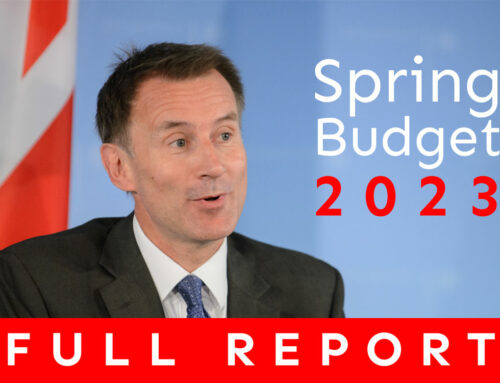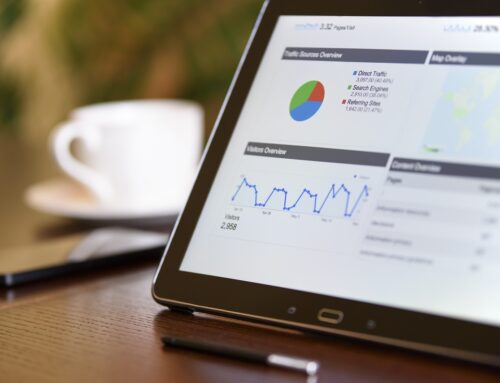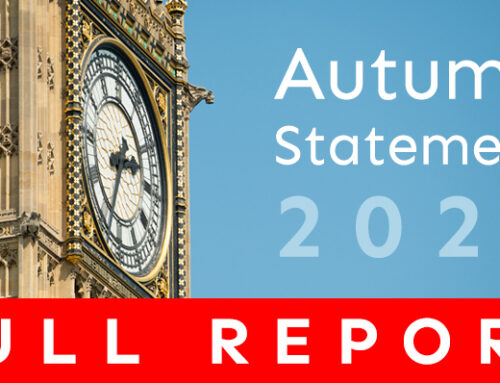‘Cash mountain’ – why you need to be careful of building up cash
A cash mountain is referred to as a build-up of cash that a company has at its disposal but which it leaves in its bank account as a cash balance. The main reason why company shareholders decide to do this is to avoid paying income tax on dividend payments.

Having a cash balance in the bank is a good thing, though. Isn’t it? Well – not always, because it may have an impact on several tax benefits. Here’s how:
Entrepreneurs relief
If you qualify for entrepreneur’s relief it means, you’ll pay less Capital Gains Tax when you dispose of some or all of the business. There was a concern that building up a cash balance which is greater than the business’ trading activity, could impact on the company’s trading status. However, at this moment it’s deemed that a cash balance which has been built up due to trading, doesn’t necessarily affect a company’s trading status for entrepreneurs’ relief. But this is something be wary of for the future.
Inheritance Tax (IHT)
The thing to be aware of is that a trading company shares are eligible for 100% relief against tax. So, if you die while owning shares in a private trading company, these shares won’t be subject to tax. However, if it’s determined that the business is ‘wholly or mainly’ acquiring investments, then the shares can be subject to tax.
Cash balances are seen as an investment so if the cash balance is more than 50% of the company’s trading activity, you could lose this tax relief altogether.
IHT and excepted asset rule
If the cash balance is not too great that it has no impact on the company’s trading status, there’s still a danger that HMRC could argue that the cash balance is not required for the trading of the business. In this case, the ‘excepted asset’ rule could apply. This is a complicated area of tax, and professional guidance should be sought, but in brief, business property relief would be given at 100% for the shares, but this would not apply to the value which is attributable to the cash balance.
For example, a company’s trade is worth £1 million, but it also has a cash balance of £500,00 which was surplus to its trading requirements. In this case, only 2/3 thirds of the value of these shares would be eligible for IHT relief.
Some business owners feel secure in having cash in the bank. But building up a cash mountain is not always the best option, not at least for the points we’ve covered above. There are other options available, which can put the money to better use. These include:
Making pension contributions
Making pension contributions is a good use of the cash balance, as you get Corporation Tax relief on them. Plus, the funds are available for investment in a tax-free environment – there is no tax to pay on investment income or capital gains released by pension funds. But there may be limitations on the amount of money that can be invested.
Investing the money
Any money that is sitting in a bank account will be earning a pittance in interest. You can look at alternative ways to invest the money, such as through property. Hopefully, over time the property will grow in value, thus increasing the return on your investment. However, the downside is that this could impact on your business’ trading status for entrepreneur’s relief. It could also affect your claim to business property relief.
Loan the money
If you’re looking to make use of the money while preserving your tax benefits, loaning the money to a parallel investment company, may be the best option. While the loan will be classed as an ‘excepted asset’ for inheritance tax business property tax relief, it’s unlikely to impact on the trading status of the lending business. Plus, if the loan was made to a company who is part of a Limited Liability Partnership (LLP), this company could invest in property and the income and subsequent growth would be outside of the corporate envelope.
If you’ve built up a cash mountain and are looking for ways to preserve your business’ tax benefits whilst making the most of the money, speak to one of our experienced Directors on +44 330 174 4922, or send us a brief message via our website and we’ll call you back.



